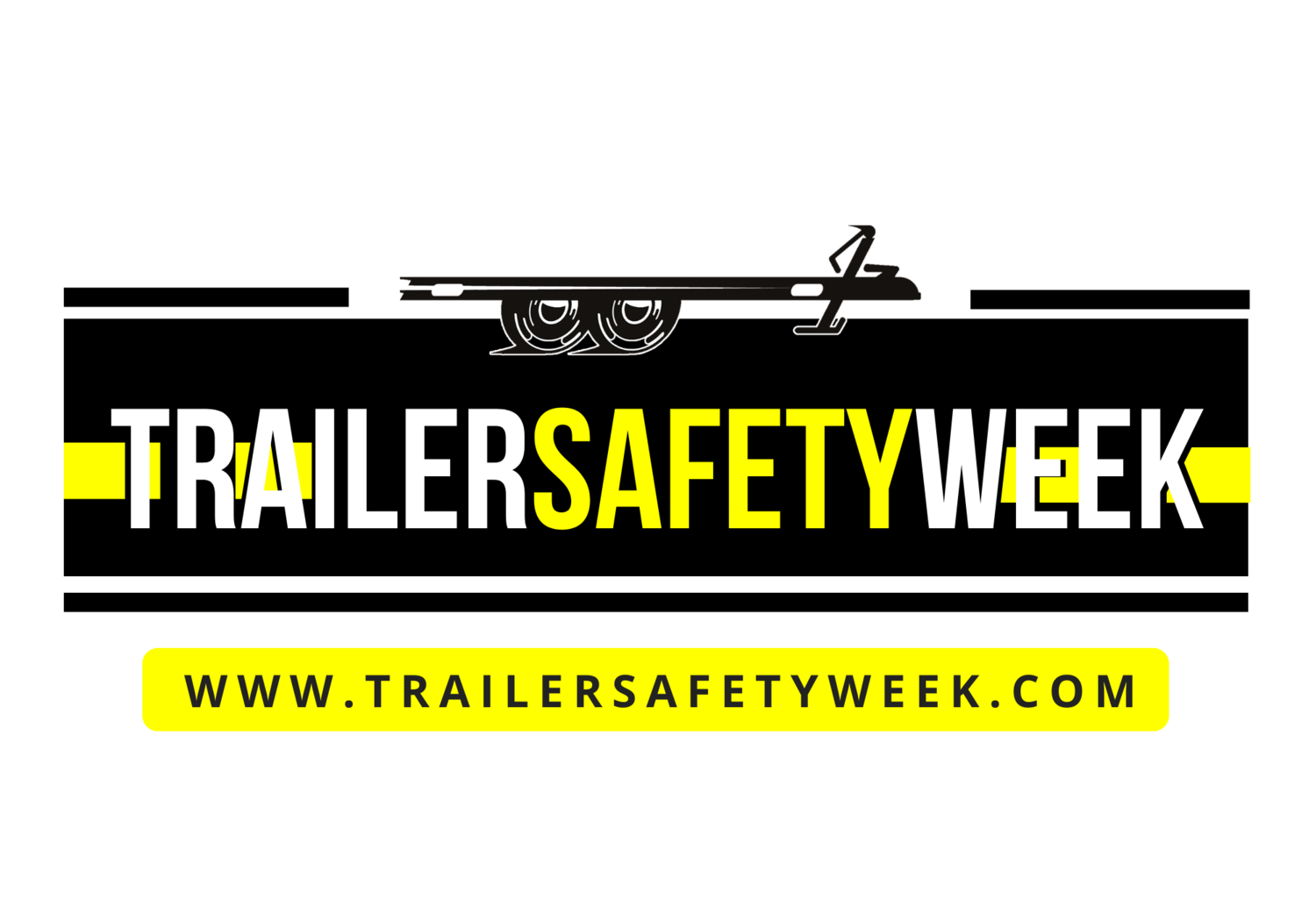Avoiding Hitch Mishaps: Educating Consumers on Proper Trailer Towing Practices
As we celebrate Trailer Safety Week, an annual nationwide campaign dedicated to promoting trailer safety awareness, it is crucial to address a common issue plaguing the industry: hitch misuse. While it's tempting to opt for a heavy-duty hitch for towing purposes, many overlook the importance of matching the hitch to the tow vehicle's specifications. This oversight can lead to serious safety hazards on the road. Let's discuss the significance of proper hitching practices and how we can prevent mishaps in towing.
Understanding Hitching:
There are four main trailer hitch classes designated by the SAE: Class I, Class II, Class III, and Class IV. Each class corresponds to different weight capacities and is suitable for specific types of towing applications. Here's a brief overview of each class:
Class I: Designed for lightweight towing (up to 2,000 lbs gross trailer weight (GTW) and 200 lbs. Tongue weight (TW)), suitable for small utility trailers.
Class II: Moderate towing needs (up to 3,500 lbs GTW and 300/350 lbs TW), commonly used for small boats and campers.
Class III: Versatile and popular class for SUVs and trucks (up to 5,000 lbs GTW and 500 lbs TW), suitable for larger boats and RVs.
Class IV: Heavy-duty hitches for larger loads (up to 10,000 lbs GTW and 1,000-1,200 lbs TW), used for larger RVs and construction equipment.Many times, any hitch with a capacity greater than 5,000 lbs. Gross weight is referred to as a Class IV.
When assisting a customer in choosing the appropriate trailer hitch, it is crucial to verify the vehicle's tow rating and Gross Combination Weight Rating (GCWR). Understanding the capabilities of the towing vehicle allows manufacturers to establish guidelines that guarantee compatibility with the customer's towing requirements, ensuring a secure and satisfactory towing experience.
The Pitfalls of Overlooking Tow Ratings and GCWR:
One of the most prevalent issues in the industry is the misuse of hitches, particularly when individuals opt for higher-rated hitches without considering their vehicle's tow rating. While a heavy-duty hitch may be able to handle the tow weight, it is critical to acknowledge that the vehicle's chassis and drivetrain may not withstand the strain. This mismatch can result in compromised stability, braking issues, and even structural damage to the vehicle. By not confirming your tow ratings, you put yourself and others at risk on the road.
Understanding Tongue Weight and Its Impact on Towing Safety:
Tongue weight refers to the downward force exerted on the hitch of your tow vehicle by the trailer. When the tongue weight exceeds 15 percent of the gross trailer weight (GTW), several issues may arise:
Improper Load Distribution: Excessive tongue weight can result in too much load being placed ahead of the trailer's axle, leading to an unbalanced setup resembling a "V" shape between the tow vehicle and trailer.
Tire Overloading: Even if the total load weight falls within the tires' load rating, improper weight distribution, particularly excessive tongue weight on the rear of the tow vehicle, can cause tire overloading. Signs to watch out for include tire deformation, reduced grip on the road, and an increased risk of tire blowouts.
Braking Performance: Excessive tongue weight affects braking performance in multiple ways:
Loss of Traction: The force exerted by excessive tongue weight can disrupt traction, particularly during cornering or driving on bends, compromising the braking system's ability to control the vehicle.
Reduced Stopping Power: Excessive tongue weight can shift weight away from the tow vehicle's front tires, reducing their grip on the road and diminishing stopping power. This can lead to compromised braking effectiveness and less control over the vehicle and trailer.
It is crucial to maintain proper tongue weight to ensure safe towing conditions. One way to combat this issue is to look into a weight distribution system that can help improve load distribution which reduces the strain on towing components and the vehicle's chassis. By understanding the impact of tongue weight and adhering to safe towing practices, you can mitigate these risks and ensure a safer towing experience for yourself and others on the road.
Understanding hitches and the proper hitch for the trailer and load is important to ensuring a safe and smooth towing experience. For more information on best practices when it comes to hitching visit:
About Trailer Safety Week
Trailer Safety Week is an annual nation-wide awareness campaign aimed at:
Increasing awareness of the importance of being committed to trailer safety
Educating end-users about proper trailer maintenance and usage
Creating a stronger partnership and alliance between stakeholders of the industry including trailer dealers, manufacturers, and end-users
With millions of trailers traversing the nation’s roadways every day and being used by businesses, local governments and individuals for recreational purposes it is crucial to ensure that trailers are being towed safely for the sake of everyone on the roads. To learn more about safe trailering practices, access our free Towing Safely Guide: https://www.trailersafetyweek.com/towing-safely.
Important Safety Resources
To Report Safety Problems and Obtain More Information
If you discover a potentially serious safety problem with your vehicle, or if information is missing from your trailer certification label, call the DOT Auto Safety Hotline at (888) 327-4236/TDD (800) 424-9153, or visit www.safercar.gov.
For questions regarding your tow vehicle, please contact your automobile dealer or manufacturer.
-
1 (888) 327-4236 | www.nhtsa.gov
-
(785) 272-4433 | TrailerSafetyWeek@natm.com
-
www.NATM.com | (785) 272-4433 | NATMHQ@natm.com



